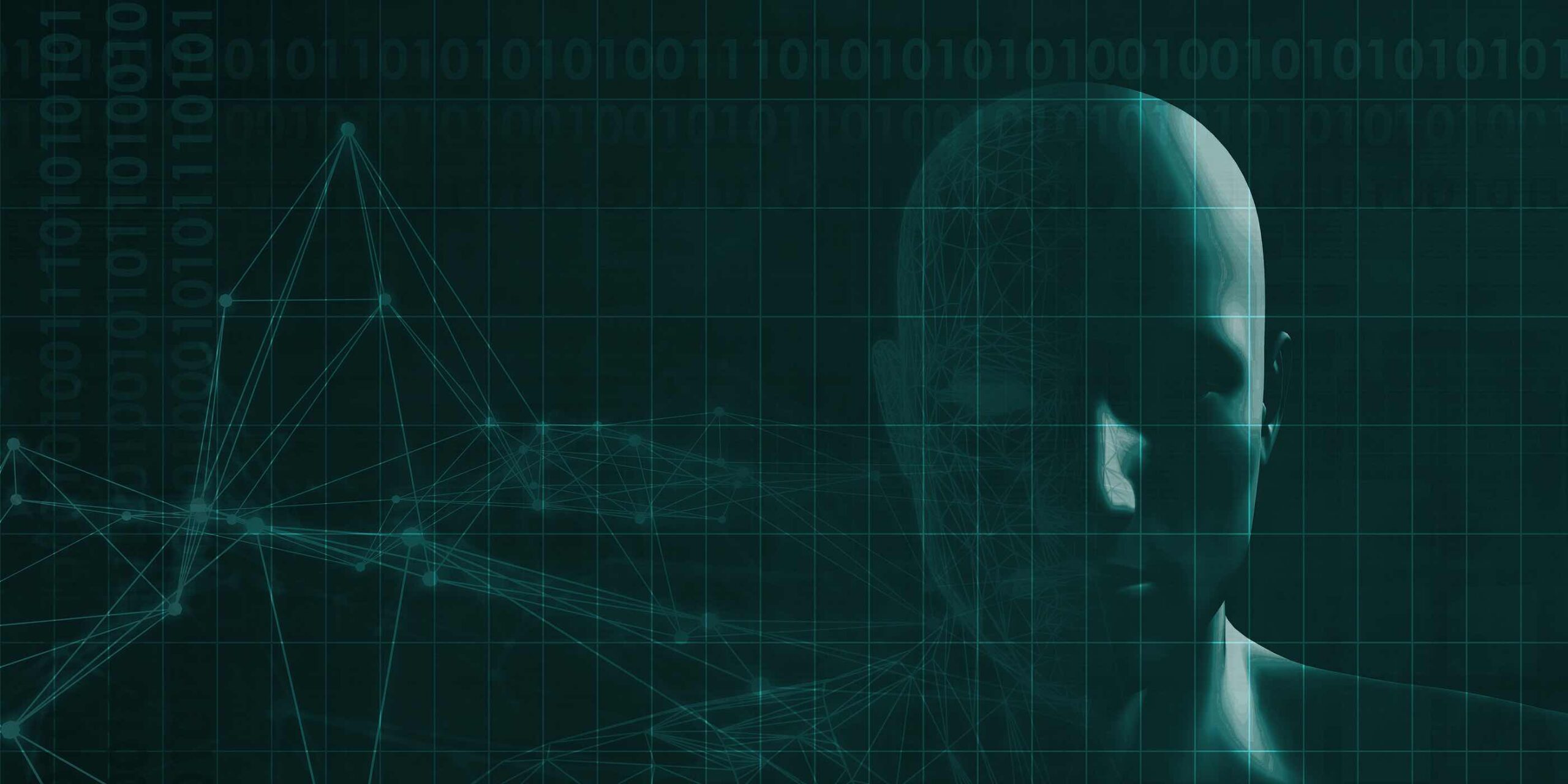Across the globe, two leadership models have emerged. Let’s explore each one briefly.
Authoritarian: favoring or enforcing strict obedience to authority, at the expense of personal freedom. Authoritarian leaders demand rigid adherence to rules and an uncritical acceptance of authority, rather than individual freedom of judgment and action. They tend to keep all the decision-making authority to themselves and make the decisions about policies, procedures, tasks, structures, rewards and punishment themselves. They exist in families, in organizations, in communities, in religions, in political organizations, in countries.
Democratic: The word democracy comes from the Greek words “demos”, meaning people, and “kratos” meaning power; so democracy can be thought of as “power of the people”: a way of governing which depends on the will of the people. A democratic leader is one who believes that every person should be committed to a democratic culture, such as obeying rules, participating in decisions, cooperation, sharing, helpfulness, respect and tolerance. They exist in families, in organizations, in communities, in religions, in political organizations, in countries.
At their core, democratic leaders are Transformational Leaders
Over my upcoming blogs we will explore the inherent qualities and learned skills that transformational leaders have and can strengthen.


